There are certain consumables out there that are well-known to pose health risks, but few people double check their water ahead of guzzling it down.
Fans of Fiji water may want to do just that, however, following the Food and Drug Administration’s decision to recall a whopping 78,533 cases of the Wonderful Company’s premier product. The recall is set to leave store shelves bare for a good few weeks as companies work to restock, but its a great reminder that — annoying as those shortages can be — the FDA exists to protect us, and it’s doing just that with the Fiji water recall.
Why is Fiji water being recalled?
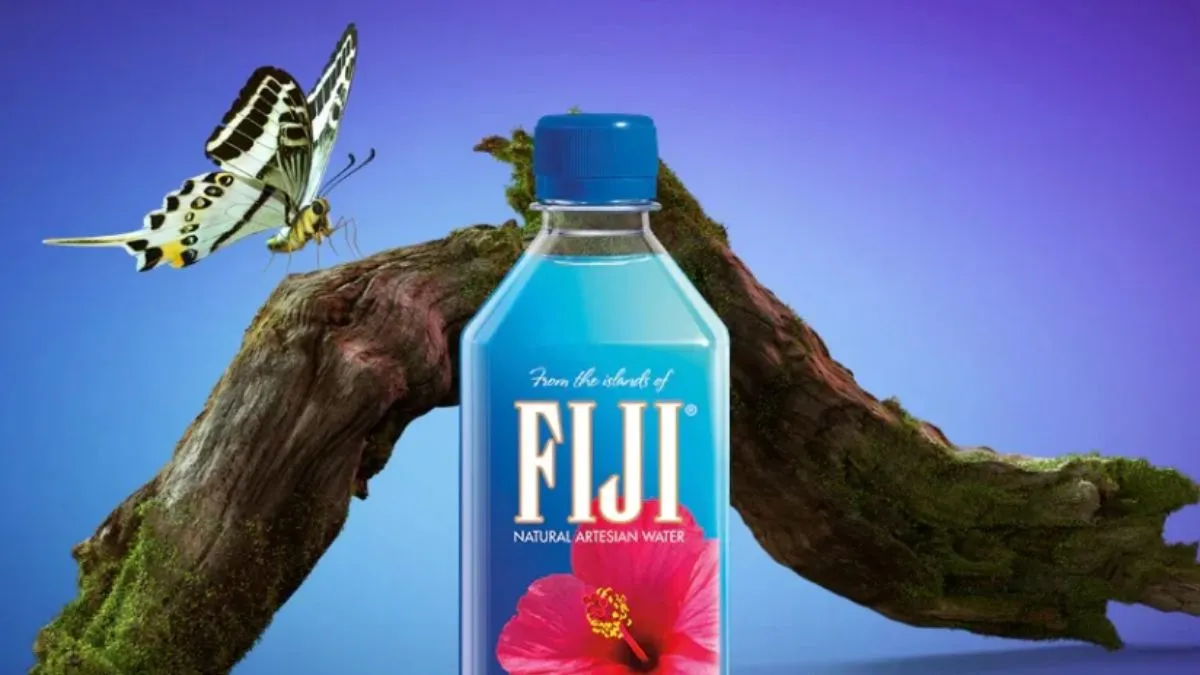
The FDA made the decision to recall nearly 2 million individual bottles of Fiji water after manganese and three species of bacteria were discovered in some water samples. The decision to recall was actually made in early March, but it wasn’t until late May that people properly took notice of the dwindling supply of Fiji water.
The recall is classified as a Class III, the lowest class where it comes to potential danger. Its status as a Class III indicates “a situation in which use of, or exposure to, a violative product is not likely to cause adverse health consequences.” That’s great news for anyone who’s been enjoying Fiji water in the months since the voluntary recall began, but its still wise to check your products and ensure they don’t fall into the category outlined by the FDA.
The voluntary recall was also initiated by Wonderful Company — the maker of Fiji water — itself, following the discovery of the bacterias. The water in question also wasn’t sold across the globe, so people outside of Washington, where potentially affected water was sold, are largely in the clear. That’s so long as they didn’t purchase any online through Amazon.com, which also listed some of the affected product, all of which was sold between Feb. 1, 2024, and March 3, 2024.
So long as your Fiji water wasn’t purchased from one of those locations in the time frame specified, you should be good. In the wake of the recall news spreading, a spokesperson for Fiji was quick to reassert the safety of its products.
“The FDA classification announced yesterday relates to a matter from several months ago that never posed any health or safety risk,” they said in a statement. “It affected products that were sold through only one distributor, and 99 percent of all those affected bottles were reclaimed, with the remainder in warehouses to be returned.”

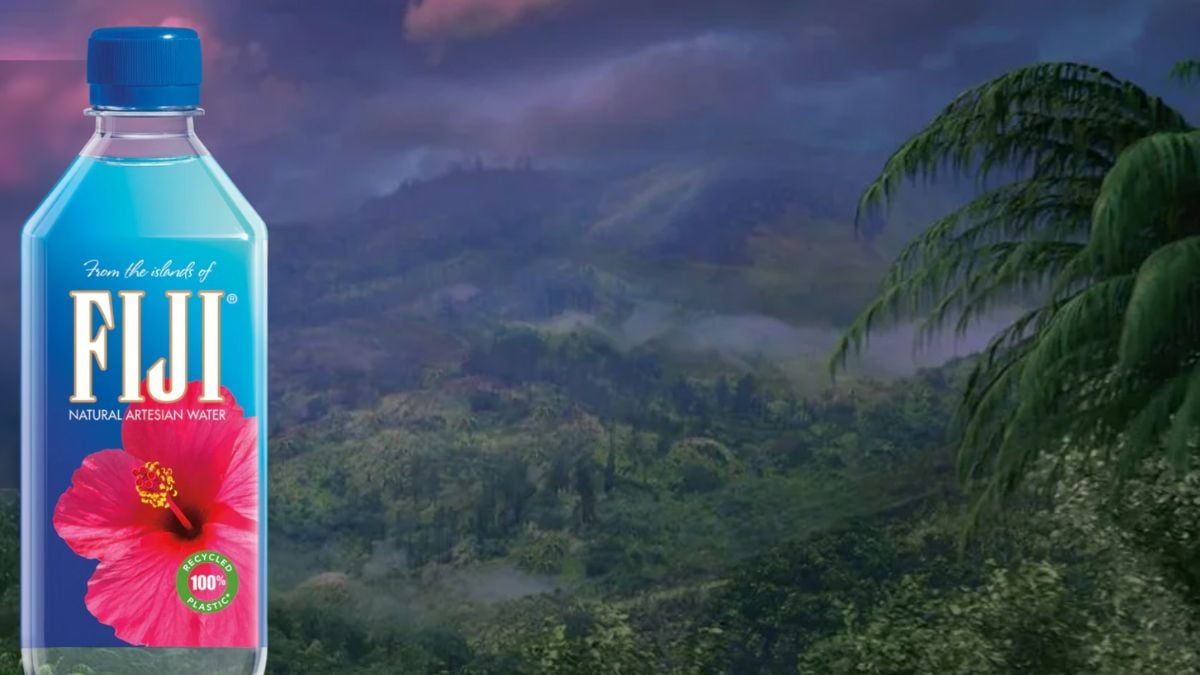

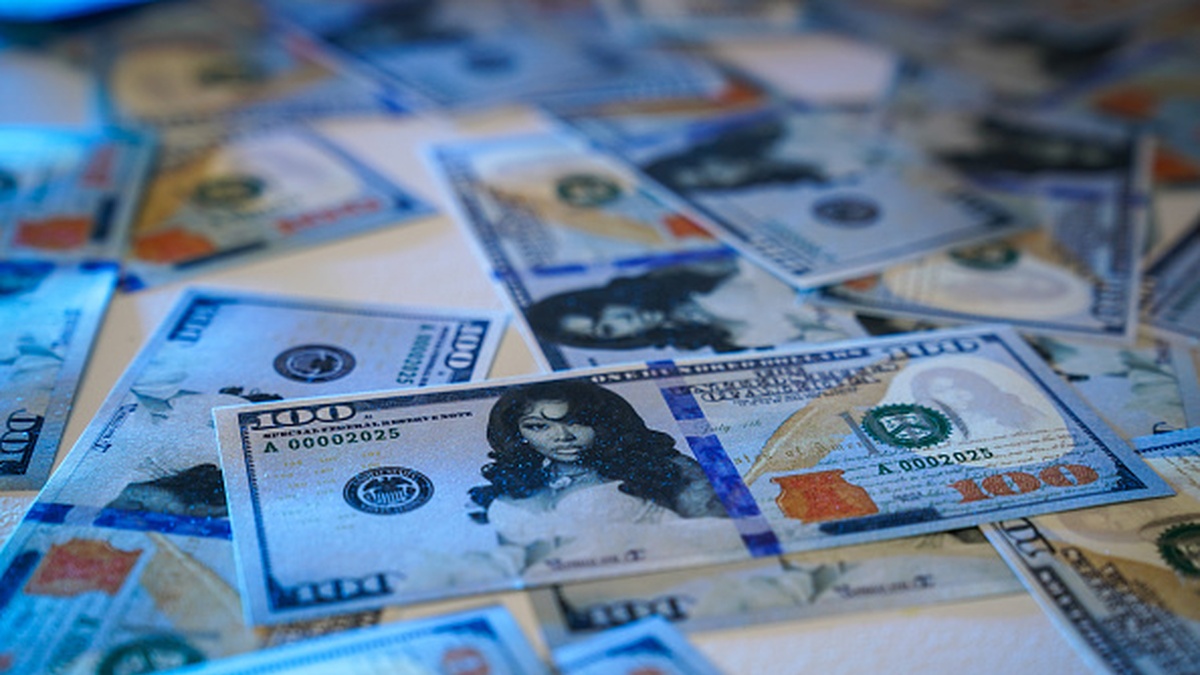
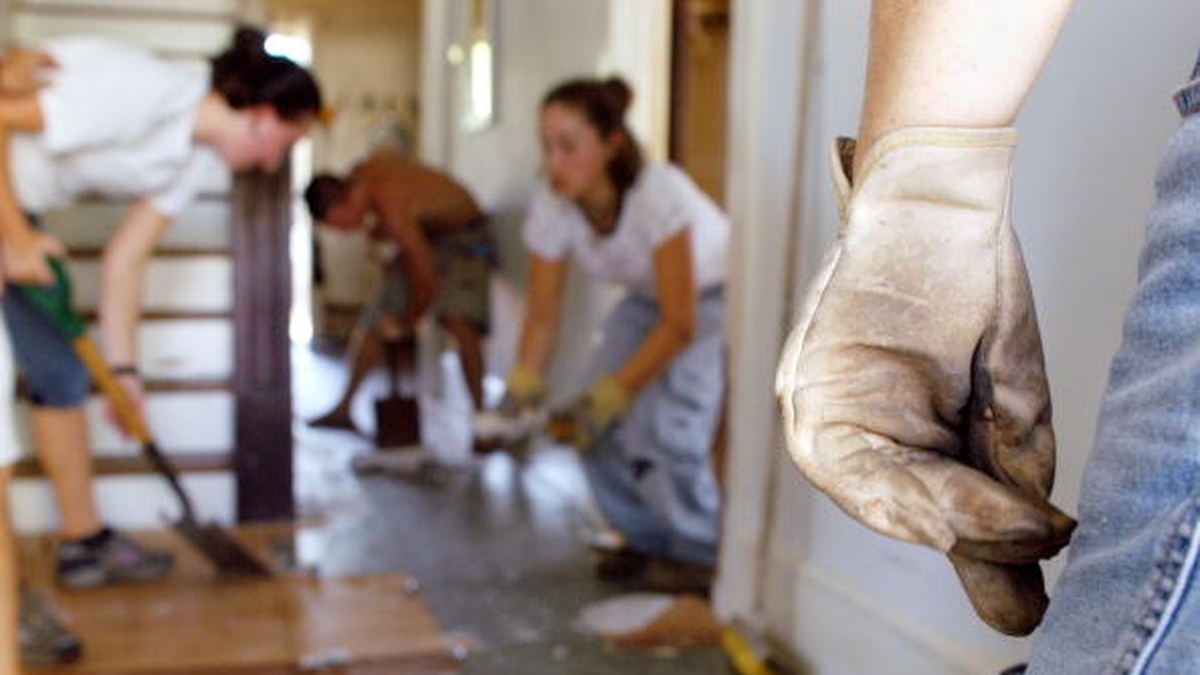

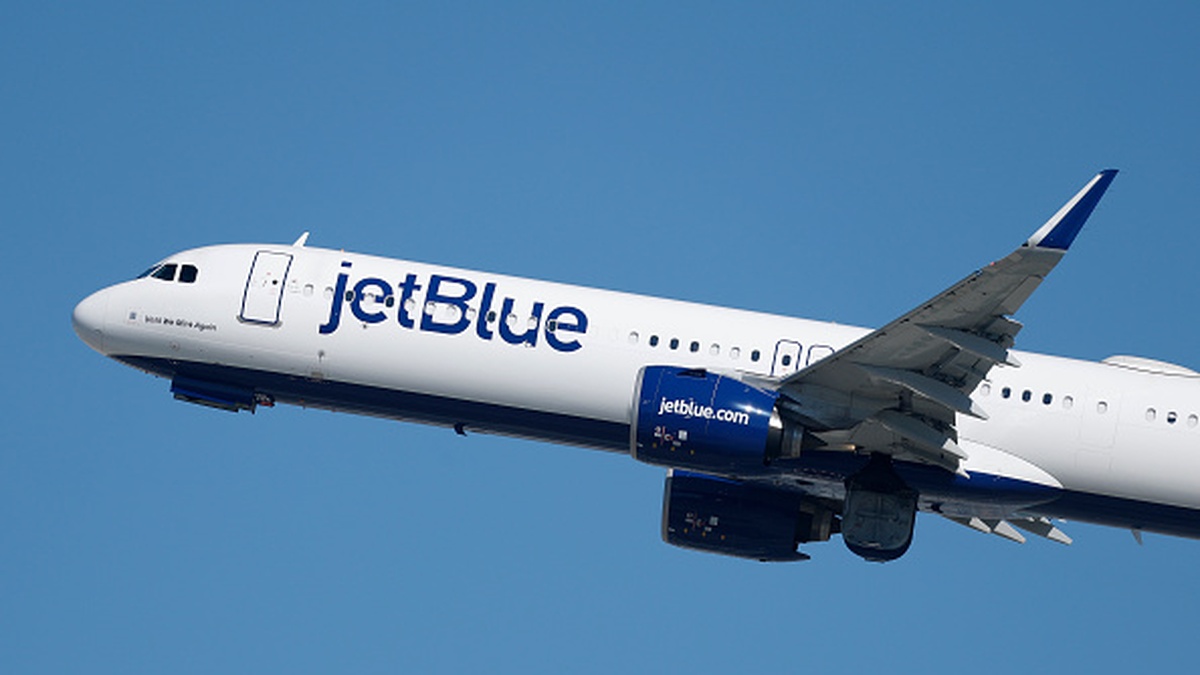
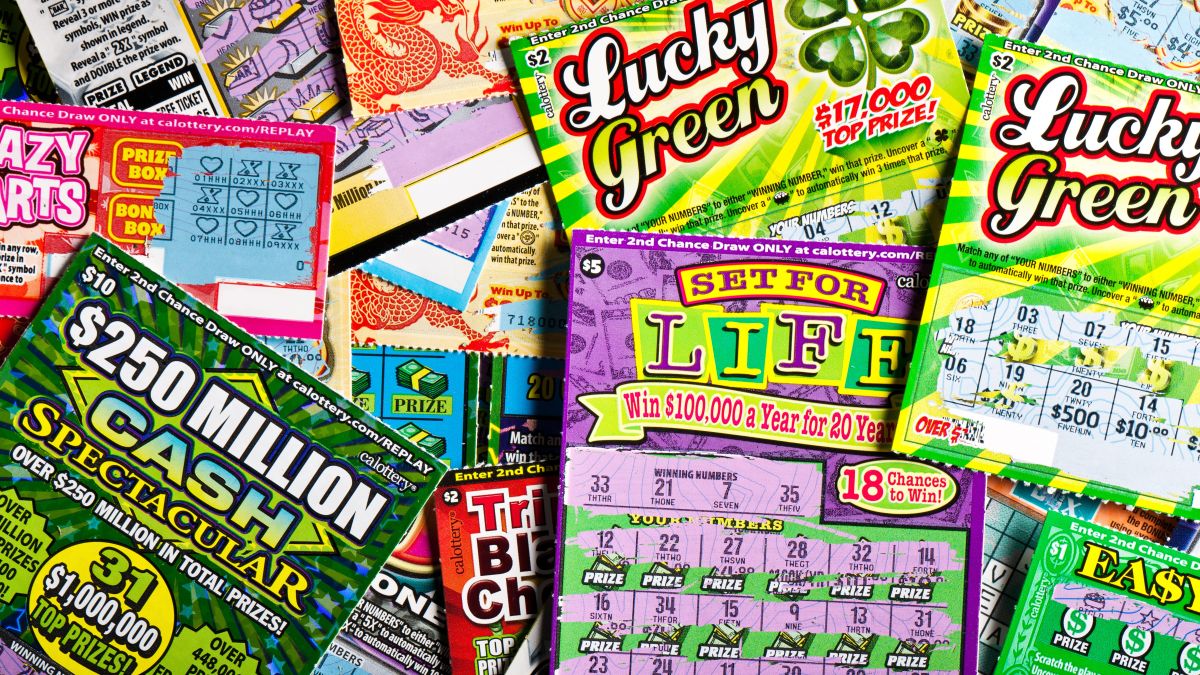
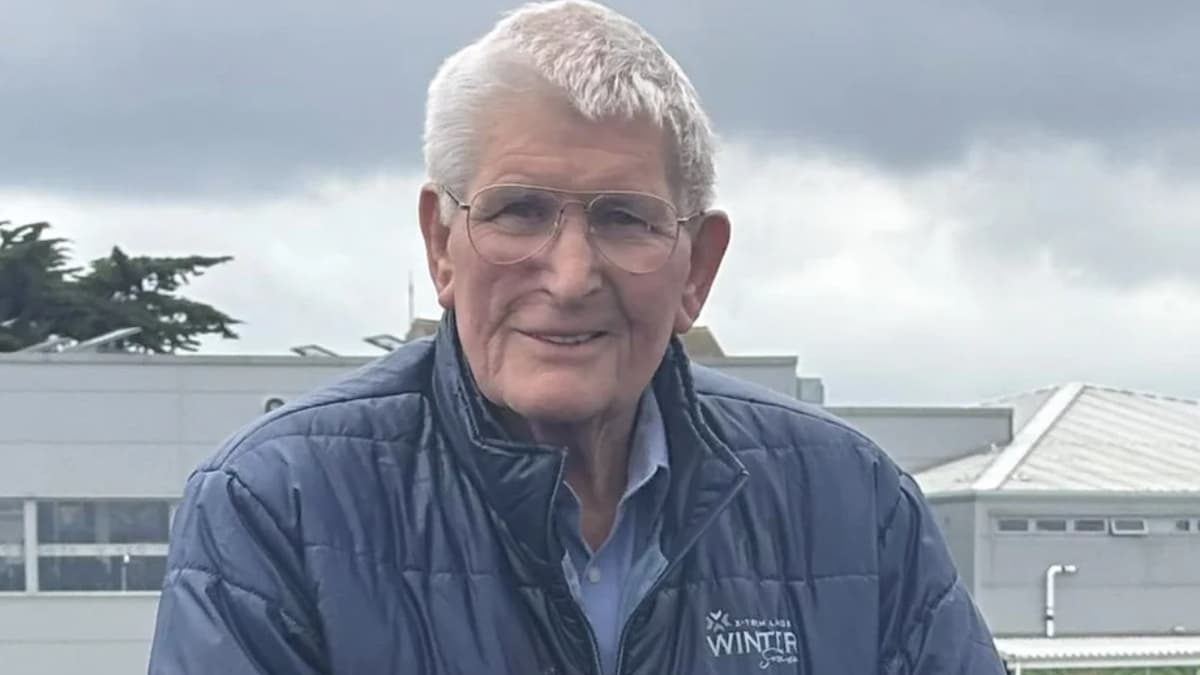
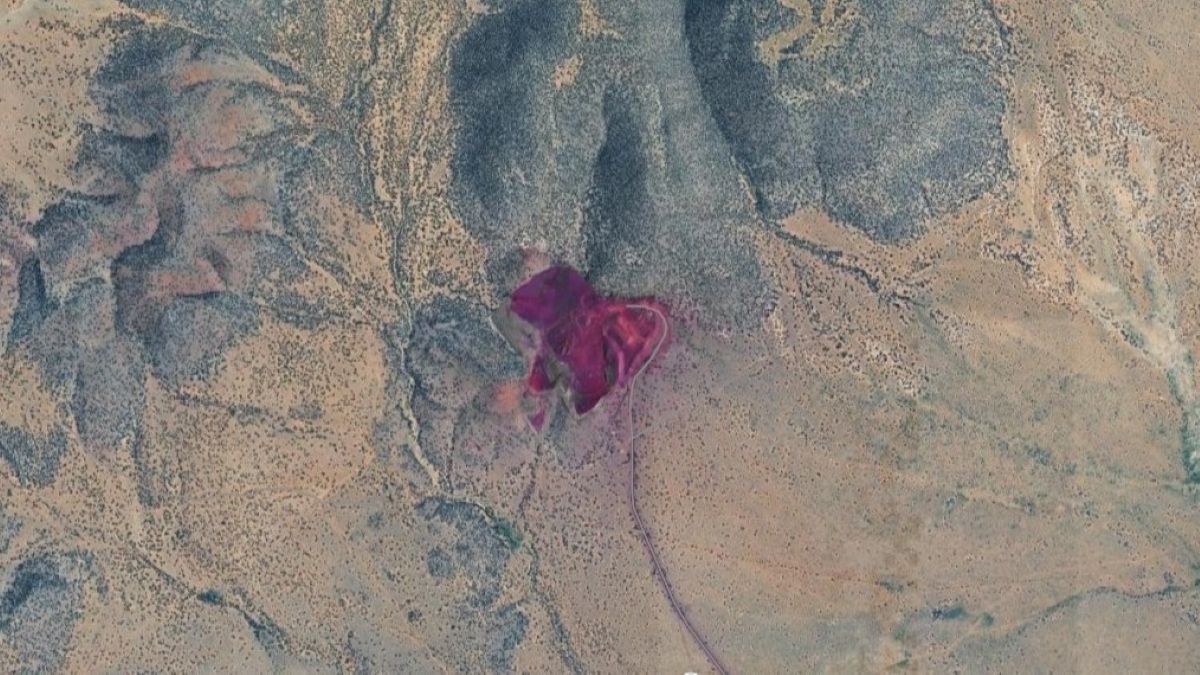

Published: May 30, 2024 04:25 pm